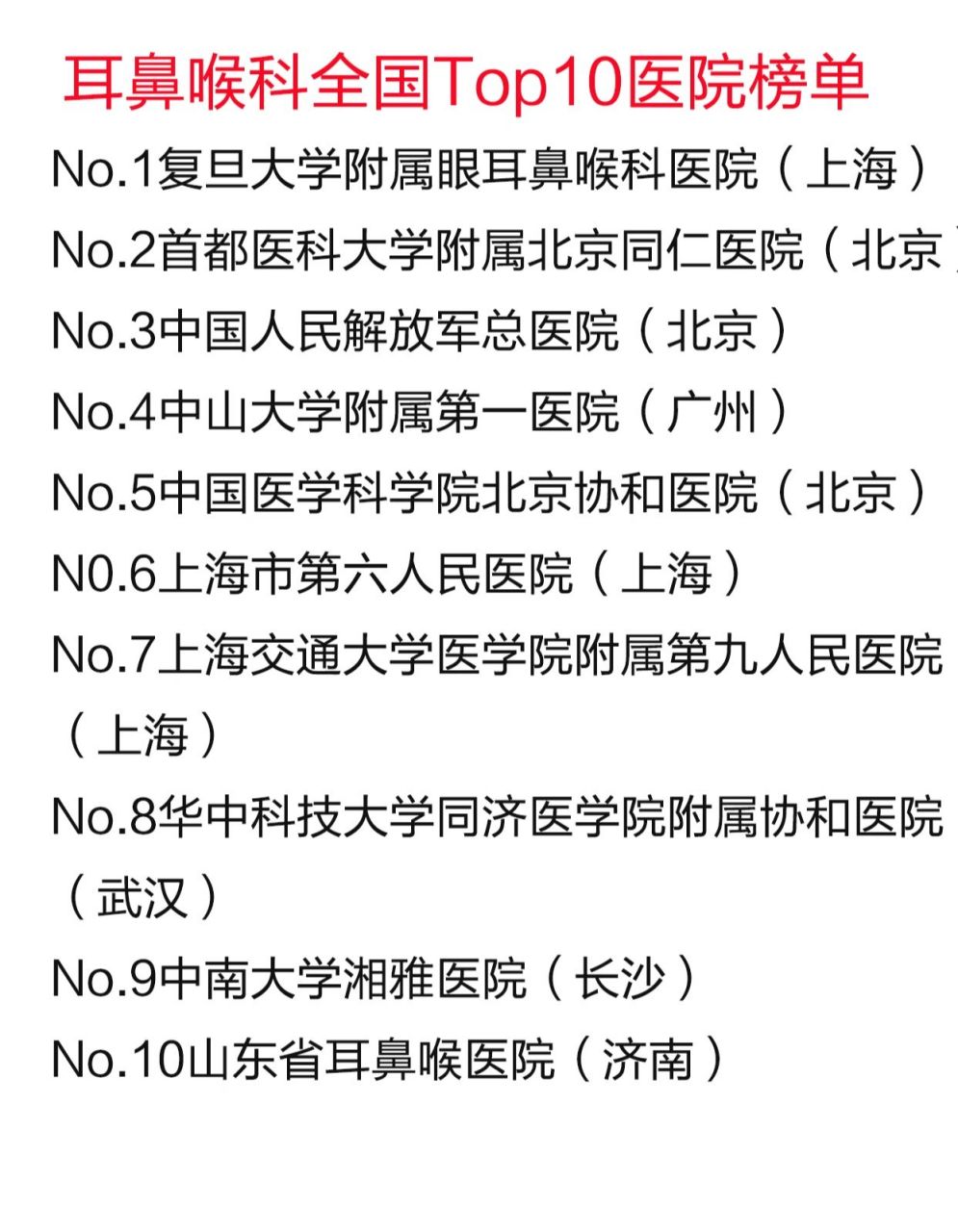
Treating hair loss effectively involves a multifaceted approach tailored to the underlying cause. Here are some methods:
1. Medications:
- Minoxidil: A topical solution for both men and women that stimulates hair growth.
- Finasteride: A prescription medication for men that inhibits the hormone responsible for hair loss.
2. Hair Transplant Surgery: A procedure where a dermatological surgeon moves hair to bald areas. It’s most effective for people with enough donor hair.
3. Scalp Micropigmentation: Involves tattooing tiny dots on the scalp to mimic the look of hair follicles, providing the appearance of a fuller head of hair.
4. Laser Therapy: Low-level laser therapy can stimulate hair growth by increasing blood circulation to the scalp.
5. PRP (Platelet-Rich Plasma) Therapy: Involves injecting plasma-rich platelets into the scalp to promote hair growth.
6. Nutritional Supplements: Ensuring adequate intake of vitamins and minerals, such as biotin, vitamin D, and iron, can support hair health.
7. Alopecia Areata Treatments: For this autoimmune condition, treatments may include corticosteroid injections, topical solutions, or oral medications to suppress the immune response.
8. Lifestyle Changes: Reducing stress, maintaining a healthy diet, and avoiding harsh hair care practices can also support hair health.
It’s crucial to consult with a dermatologist or trichologist to determine the cause of hair loss and develop a personalized treatment plan.












